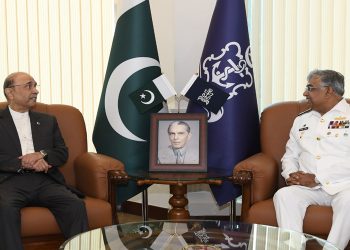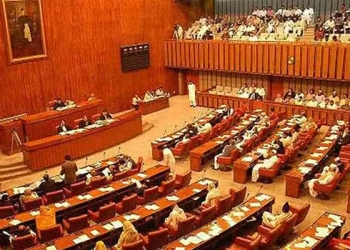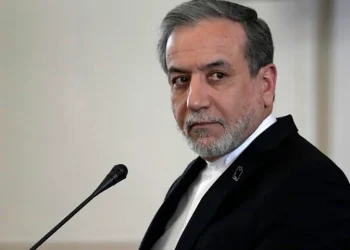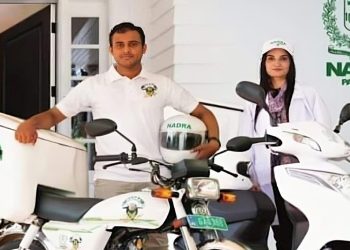The Supreme Court (SC) rejected on Tuesday government’s request to form a full court bench to hear a set of pleas challenging the trial of civilians in military courts.
A six-member bench, headed by Chief Justice Umar Ata Bandial and comprising Justice Ijazul Ahsan, Justice Munib Akhtar, Justice Yahya Afridi, Justice Sayyed Mazahar Ali Akbar Naqvi, and Justice Ayesha A Malik took up the case.
Former chief justice of Pakistan Jawwad S Khawaja, senior lawyer Chaudhry Aitzaz Ahsan, Pakistan Tehreek-e-Insaf (PTI) Chairman Imran Khan, and the members of civil society have filed petitions under Article 184 (3) of the constitution before the apex court, asking it to declare that the trials of the civilians arrested in light of May 9 and 10 violent protests under the Army Act and Official Secrets Act are violative of Article 25 of the constitution, until and unless legal and reasonable guidelines are framed to structure the discretion not to arbitrarily try civilians under the Army Act.
“It is not possible to form a full court,” the CJP said. During the hearing, Attorney General for Pakistan Mansoor Usman then called for forming a full court consisting of judges who were available.
During Monday’s hearing, the federal government said that the violence against the military and vandalism of army installations was a direct attack on the national security of Pakistan, and was therefore, prejudicial to the security, interests, and defence of Pakistan.
At the outset of the hearing, Supreme Court Bar Association (SCBA) President Abid Zuberi came to the rostrum. He said that he had submitted a detailed response and was representing the SCBA, adding that he would assist the court on five points.
Zuberi pointed out that the apex court had decided in the Liaqat Hussain case that civilians could not be tried in military courts. He cited the judgement by ex-CJP Justice Ajmal Mian and said that only military personnel could be tried under army laws.
“The judgement stated that a constitutional amendment is needed to try civilians under the Army Act,” he contended.







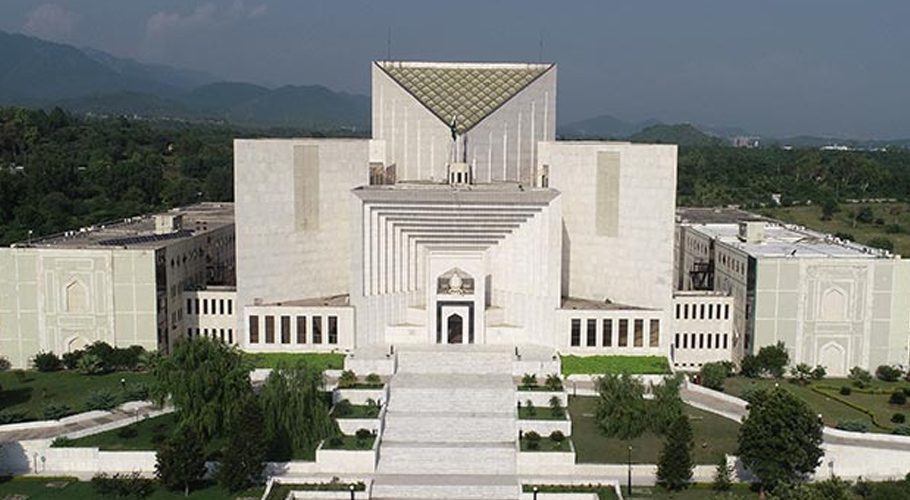

![This handout photo released by the IRGC’s official Sepah News Telegram channel shows smoke billowing from a site bombed by Israel in Tehran early on June 13, 2025 [Sepah News/AFP]](https://mmnews.tv/wp-content/uploads/2025/06/Israel-attack-on-Iran-1-350x250.jpg)
